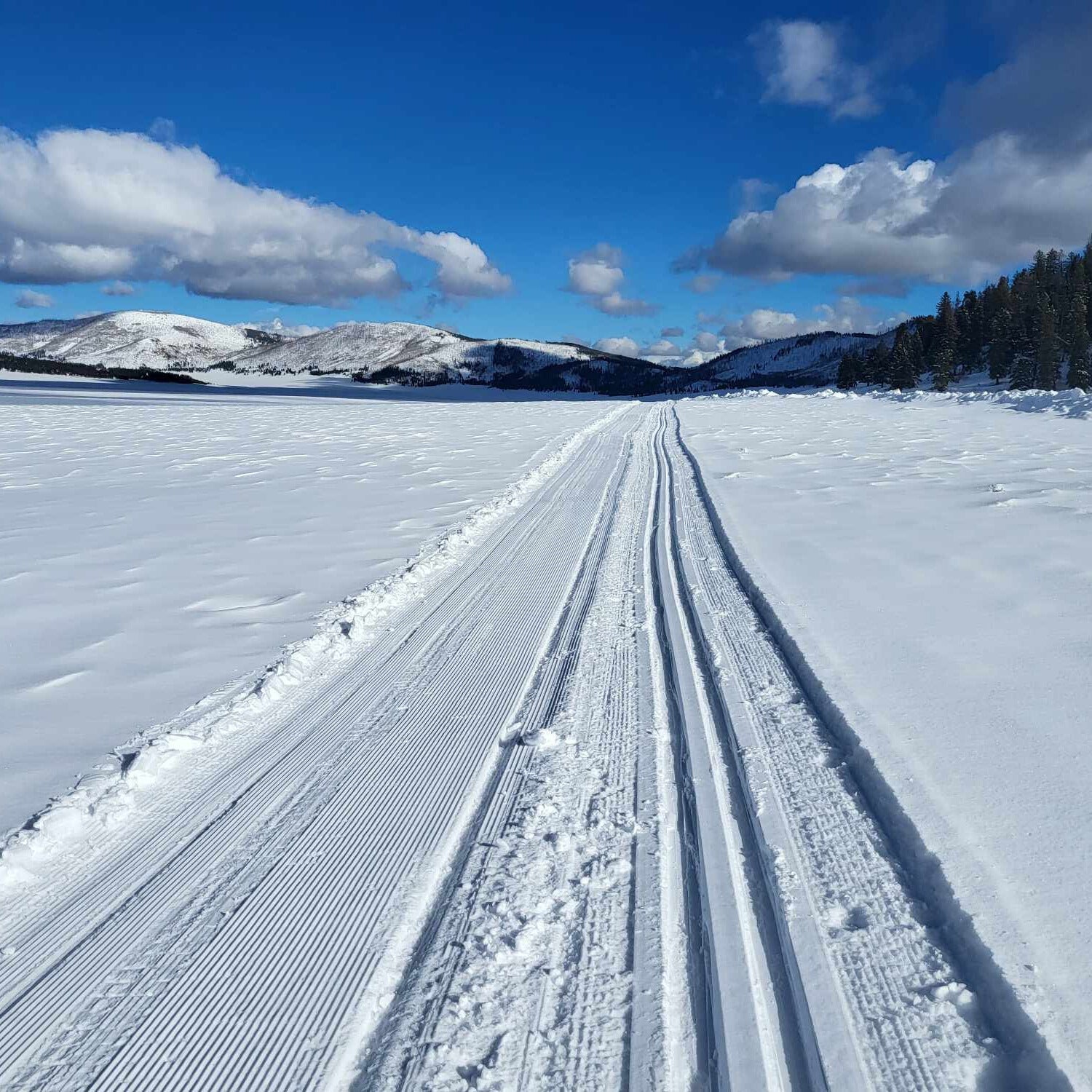Your Cart is Empty
accepting gear drop offs Mon-Sat 10am-5pm. No Consignment acceptance on Sundays.
accepting gear drop offs Mon-Sat 10am-5pm. No Consignment acceptance on Sundays.

We’ve all read the disappointing headlines and shocking Facebook posts, and we maybe have even encountered problems of our own–national parks and other public lands in the U.S. are being impacted by severe federal budget cuts. These cuts have resulted in locked gates, reduced services, and loss of support for these lands that mean so much to us.
This means more than longer lines at entry stations. In some cases, there is legitimate concern that budget cuts will lead to impacts on historic sites and natural landscapes. This is a scary time to be someone who dearly loves our public lands, but there are ways that everyone, including you, can make a difference.
Regardless of political affiliation,Durango Outdoor Exchange supports public lands and their responsible stewardship. Here’s how you can help:
1. Support National and Local Advocacy Groups
One of the most effective ways to safeguard public lands is to support groups that work to protect them. National organizations such as the National Parks Conservation Association (NPCA) and the Sierra Club advocate for the preservation of national parks through lobbying efforts, educational campaigns, and direct action. Additionally, local organizations such as theSan Juan Citizens Alliance focus on the protection of areas surrounding the San Juan Mountains and Mesa Verde National Park.
These organizations often rely on donations and volunteer support, so contributing time, money, or resources can make a real difference. These groups also offer a way to stay informed about upcoming legislation and calls to action, so you can lend your voice to important debates at the local and national levels.
2. Participate in Volunteer Programs
National parks and public lands frequently offer volunteer opportunities that help maintain trails, conduct environmental research, and educate the public about conservation. For example,San Juan National Forest provides a variety of volunteer programs where individuals can contribute to the preservation of ecosystems, support park staff, and engage with the community.
In addition to official park-sponsored programs, local conservation efforts often rely on volunteers for activities such as trail maintenance, invasive species removal, and litter clean-up like those offered by San Juan Mountains Association. By donating time and energy to these efforts, you can directly improve the health of public lands and ensure that they remain accessible and enjoyable for future generations.
3. Advocate for Public Lands Legislation
While budget cuts may restrict funding for national parks and public lands, public support can still influence government decisions. Advocacy plays a key role in reversing or preventing harmful policies. Stay informed about proposed budget changes, land use decisions, and conservation laws. Contact yourlocal elected officials, sign petitions, and join public comment periods to voice your concern about preserving public lands.
4. Practice Responsible Recreation
While advocacy and volunteering are essential, how you use public lands matters too. Responsible recreation means following Leave No Trace principles, staying on marked trails, packing out all trash, and minimizing your impact on the environment. In Durango, outdoor activities like hiking, biking, and rafting are popular, but these activities can harm delicate ecosystems. In short, keep in mind that your favorite trail or campsite may not see the maintenance and upkeep it usually does. Pitch in and help out.
5. Support Sustainable Businesses and Eco-Tourism
Our economy, like many other towns near public lands, is closely tied to tourism. Supporting businesses that prioritize sustainability and responsible tourism can help protect public lands. Choose responsibly when you spend your money, whether it’s here in Durango or when you are road tripping.
These are scary times–let’s help each other out. Have a question about how? Looking for the latest news on spring and summer backcountry permits? Spend your allowance on supporting a local public lands non-profit but still need a light puffy for those cool mornings?Durango Outdoor Exchange is here to help.

Work crews were busy over the off season making changes to ski areas across the region. While the hoped-for new lifts at Purgatory aren’t going to spin, there are plenty of reasons for you toget some wax (or new skis) from Durango Outdoor Exchange and hit the slopes this winter.

Thanksgiving is almost here–and skiing this early is always a gamble. Here are some non-skiing warm(er) weather destination ideas for the long break.

Just a couple hours from Durango, Valles Caldera is a great cross-country skiing destination, with surprisingly good snow and very few visitors.
Valles Caldera National Preserve is a popular hiking destination in the summer and a surprisingly great skiing destination in the winter.